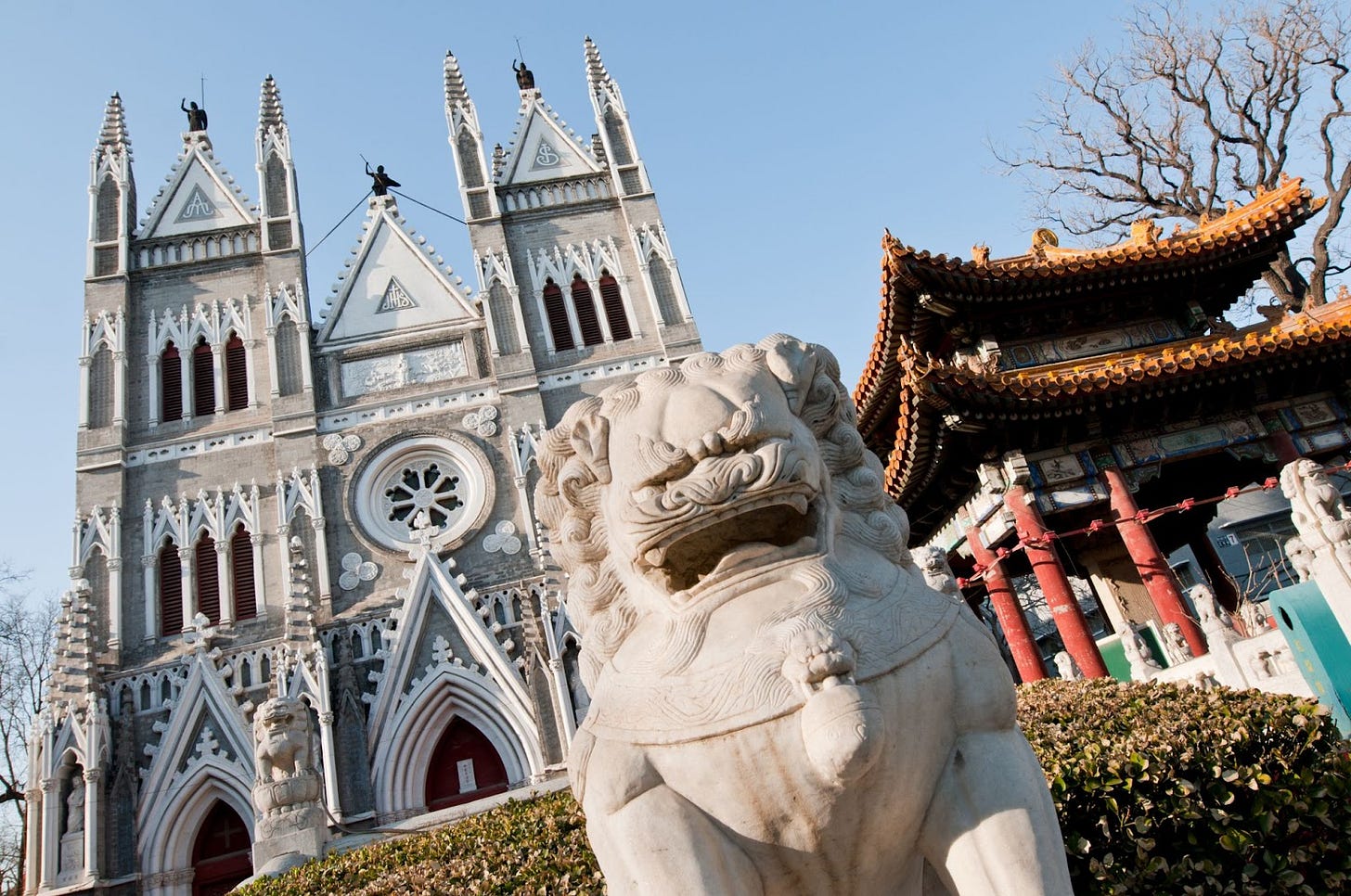Chinese diocese ‘elects’ new bishop despite sede vacante
A local priest was "elected" to lead the Diocese Xinxiang, despite the papal interregnum and despite the diocese already having a bishop
The Chinese mainland Diocese of Xinxiang has “elected” a local priest to become its new bishop, it was announced yesterday, despite the death of Pope Francis on April 21 and the current period of sede vacante in the Church.
Local priest Fr. Li Janlin was “elected” as the sole candidate for the office …

